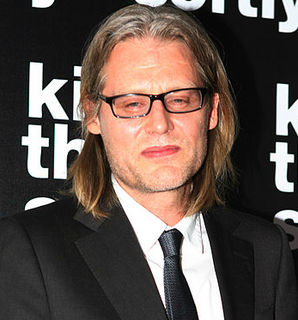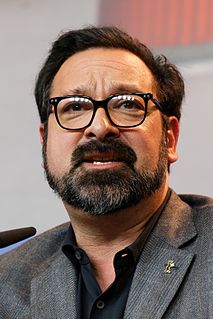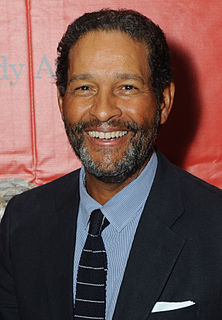A Quote by Roger Ebert
Samurai films, like westerns, need not be familiar genre stories. They can expand to contain stories of ethical challenges and human tragedy.
Related Quotes
I do like crime thriller stories. That's because these stories have a lot of layers. There are always three sides to such stories... there is a truth, there is a lie and then there is the ultimate truth. Different human emotions and intense interpersonal relationships form the core of stories in this genre.
There's a level where the themes of a film are very relevant to me and also the idea of finding out how relevant one genre is to another. I think that westerns and samurai films and superhero films have a lot in common. It's just that the scale of the visuals in tentpole films can sometimes overwhelm the drama.
Humans like stories. Humans need stories. Stories are good. Stories work. Story clarifies and captures the essence of the human spirit. Story, in all its forms—of life, of love, of knowledge—has traced the upward surge of mankind. And story, you mark my words, will be with the last human to draw breath.
I have always felt a little bit uncomfortable with question [why I'm write these stories]. It's not a question that you would ask a guy that writes detective stories or the guy that writes mystery stories, or westerns, or whatever. But it is asked of the writer of horror stories because it seems that there is something nasty about our love for horror stories, or boogies, ghosts and goblins, demons and devils.
So I found myself telling my own stories. It was strange: as I did it I realised how much we get shaped by our stories. It's like the stories of our lives make us the people we are. If someone had no stories, they wouldn't be human, wouldn't exist. And if my stories had been different I wouldn't be the person I am.
The desire for story is very, very deep in human beings. We are the only creature in the world that does this; we are the only creature that tells stories, and sometimes those are true stories and sometimes those are made up stories. Then there are the larger stories, the grand narratives that we live in, which are things like nation and family and clan and so on. Those stories are considered to be treated reverentially. They need to be part of the way in which we conduct the discourse of our lives and to prevent people from doing something very damaging to human nature.
The beauty of the horror genre is that you can smuggle in these harder stories, and the genre comes with certain demands, but mostly you need to find the catharsis in whatever story you're telling. What may be seen as a deterrent for audiences in one genre suddenly becomes a virtue in another genre.



































